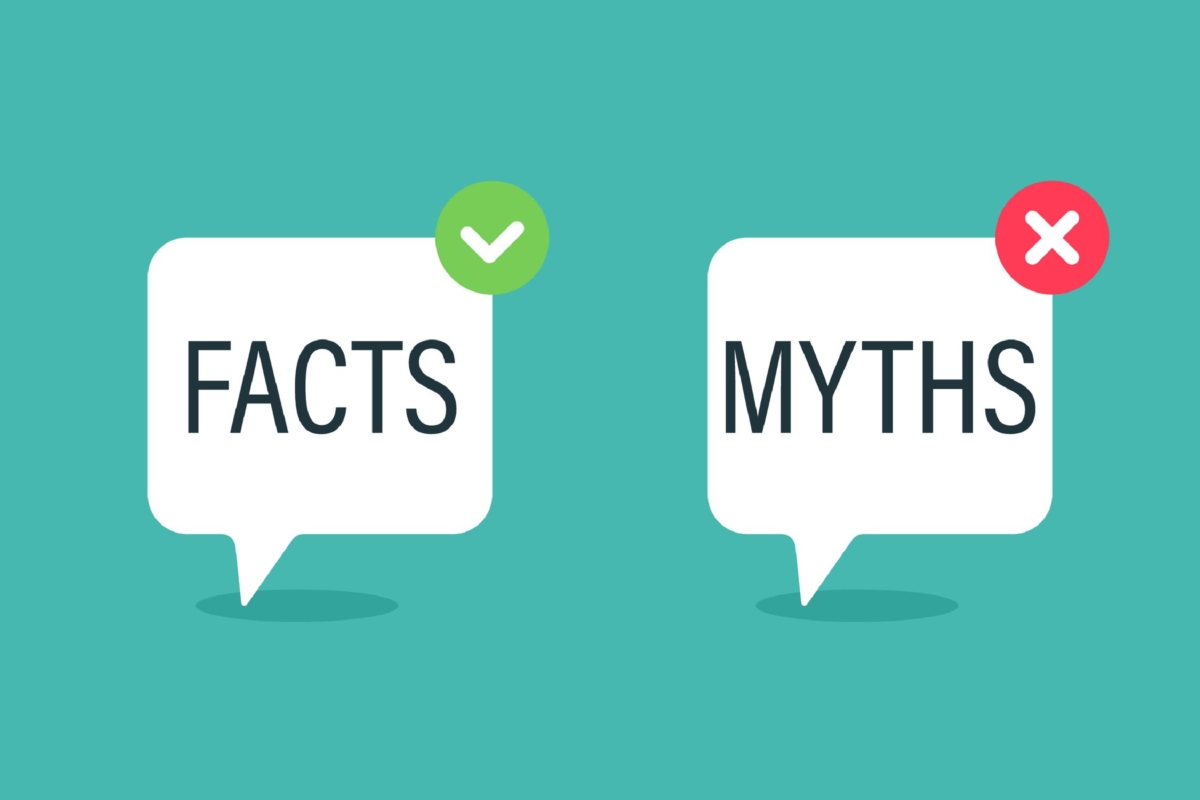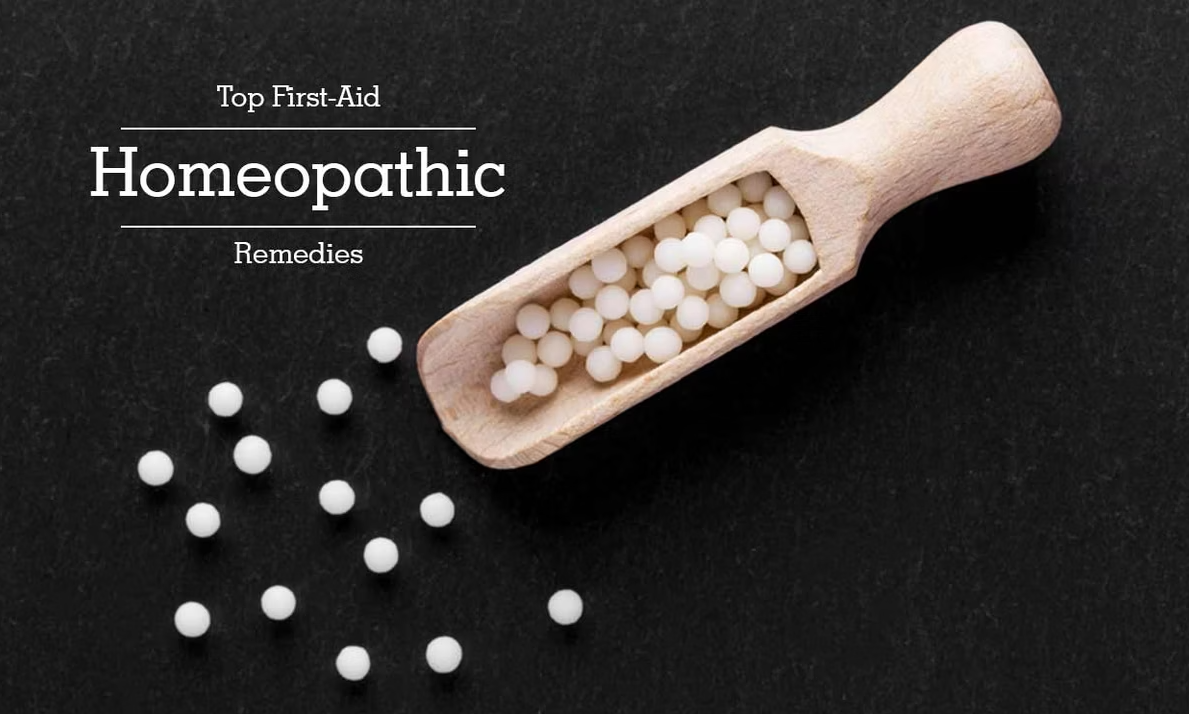
- Homeopathy, Tips
- August 28,2024
- BY Shelly Sharma
- 0 Comments
Addressing Common Misconceptions with Evidence-Based Insights
Homeopathy is a system of medicine that has been in practice for over 200 years, yet it remains surrounded by numerous myths and misconceptions. These misunderstandings often stem from a lack of knowledge about how homeopathy works, as well as confusion between homeopathy and other alternative therapies. In this blog, we’ll address some of the most common myths about homeopathy and provide evidence-based insights to clarify these misconceptions.
Myth 1: Homeopathy Is Just Placebo
One of the most persistent myths about homeopathy is that it is nothing more than a placebo—that its effects are solely due to the patient’s belief in the treatment rather than any active medicinal properties. While it is true that the placebo effect plays a role in all forms of medicine, numerous studies have demonstrated that homeopathy’s effects go beyond placebo.
For instance, a systematic review of clinical trials published in The Lancet found that homeopathic remedies have a statistically significant effect compared to placebo, particularly in certain conditions like respiratory tract infections and allergies. Additionally, homeopathy has been shown to be effective in treating animals, who are not subject to the placebo effect, providing further evidence that its benefits are not just psychological.
Moreover, research in nanoscience has begun to shed light on how highly diluted homeopathic remedies might work at a molecular level, suggesting that even in high dilutions, these remedies can contain nanoparticles that may interact with the body in specific ways.
Myth 2: Homeopathy Is the Same as Herbal Medicine
Another common misconception is that homeopathy is synonymous with herbal medicine. While both are natural forms of treatment, they are fundamentally different in their principles and practices.
Homeopathy involves the use of highly diluted substances, which can be derived from plants, minerals, or even animals. The process of potentization, which involves serial dilution and succussion (vigorous shaking), is unique to homeopathy and is believed to enhance the therapeutic properties of the original substance.
Herbal medicine, on the other hand, uses extracts from plants in more concentrated forms. The therapeutic approach in herbal medicine is also different, often focusing on treating symptoms with specific herbs rather than addressing the individual’s overall constitution as homeopathy does.
Understanding this distinction is crucial, as it highlights the unique methodology and philosophy behind homeopathy, which is centered on stimulating the body’s natural healing processes rather than simply providing a natural alternative to conventional drugs.
Myth 3: Homeopathy Is Not Evidence-Based
A prevalent myth is that homeopathy lacks scientific evidence and is not supported by research. While it is true that homeopathy does not conform to the same evidence standards as conventional medicine, there is a growing body of research supporting its efficacy and mechanisms of action.
For example, a comprehensive review published in the British Medical Journal (BMJ) highlighted that homeopathy shows promising results in various conditions, such as allergies, migraines, and rheumatic diseases. Furthermore, studies conducted on homeopathy’s effects on animals and plants—where placebo effects are irrelevant—have shown significant results, further supporting its validity.
Additionally, emerging research in quantum science and nanotechnology is beginning to offer explanations for how homeopathic remedies might work, particularly in terms of their interactions with biological systems at a molecular level. This evolving scientific understanding is helping to bridge the gap between homeopathy and conventional medicine.
Myth 4: Homeopathy Works Slowly and Is Only for Chronic Conditions
Another misconception is that homeopathy works very slowly and is only suitable for chronic conditions. While it is true that homeopathy is often used for chronic illnesses due to its holistic approach, it can also be highly effective in acute and emergency situations.
Homeopathic remedies can act quickly, sometimes within minutes, depending on the condition being treated and the remedy used. For example, Arnica is a well-known remedy for acute trauma and injuries, providing rapid relief from pain and swelling. Similarly, Aconite is often used for the sudden onset of fever or shock, demonstrating how homeopathy can be effective in acute care.
The key to homeopathy’s success in acute conditions lies in the accurate selection of remedies based on the individual’s specific symptoms. When the correct remedy is matched to the acute symptoms, the response can be swift and profound.
Myth 5: Homeopathy Is Not Safe for Children, Pregnant Women, or the Elderly
Some people believe that homeopathy might not be safe for vulnerable populations like children, pregnant women, or the elderly. In reality, one of the strengths of homeopathy is its safety profile, making it an ideal choice for these groups.
Homeopathic remedies are non-toxic, have no known side effects, and can be used safely alongside conventional treatments. Because the remedies are highly diluted, they are gentle on the body and do not pose the risk of drug interactions or overdose, which is especially important for children, pregnant women, and older adults who may be taking multiple medications.
Furthermore, homeopathy offers a natural alternative to conventional drugs, which can be particularly appealing for parents looking for safe options to treat their children’s ailments or for pregnant women seeking to avoid pharmaceuticals during pregnancy.
Conclusion: Embracing Homeopathy with Informed Understanding
Debunking myths about homeopathy is essential for fostering a more informed understanding of this time-tested medical system. Homeopathy is not just a placebo; it is a scientifically supported practice with unique principles and methodologies. It is distinct from other natural therapies like herbal medicine, and it offers evidence-based benefits for both chronic and acute conditions.
Homeopathy is safe for all ages and has a vital role to play in preventive medicine, chronic disease management, and acute care. As research continues to explore the mechanisms behind homeopathic remedies, our understanding of this fascinating field will only grow, helping to dispel myths and promote its integration into modern healthcare.
By addressing these common misconceptions and providing evidence-based insights, we can better appreciate the value of homeopathy as a complementary and holistic approach to health and well-being.







